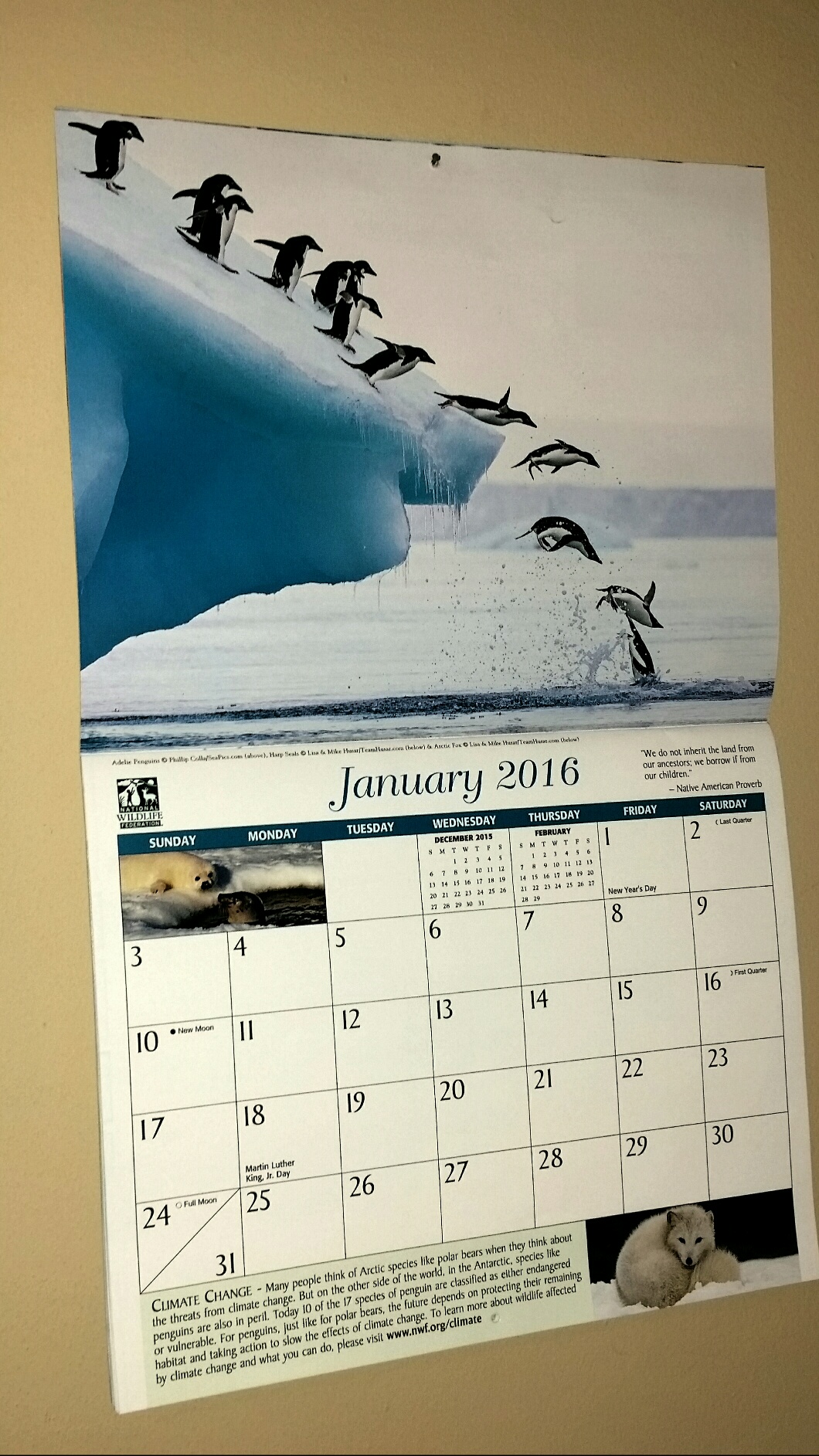I know not every writer is a critique group fan. I fully understand why—there are critique groups that become useless echo chambers, ones that don’t actually lift the craft of their members, or that contain a toxic mix of people. But while there are bad groups, having a good one is invaluable.
I am in a small critique group. We’ve purposely kept it small because we all write novels. With too many people, it takes far too long to put a whole novel through a group. We also kept it small because that way we have flexibility in meeting times—we can find a date that works for everyone.
We are diverse in age range and in what we write. Our backgrounds, both in writing and in life, are also a mixed bag, which brings a variety of expertise into our knowledgebase. Our craft strengths also vary, which allows for a well-rounded critique when you take all of the feedback as a whole.
Personality is a big part of how the group meshes, and we have been lucky to gather a group that leaves their ego at the door. Every one of us is grateful for the feedback (even if we don’t agree with it), and we are also grateful for the kind manner in which the feedback is given. After all, you don’t need to tear someone apart to critique them. We have quite a bit of laughter in our meetings, because while we take our writing seriously, we can laugh at ourselves and our mistakes.
My assessment is that a good critique group is an invaluable resource. My novel THE WITCH OF ZAL went through the group and it would not have made it out of the slush pile without their input. Every month I learn something new about my craft and begin to see and understand ways to improve.
What has your experience with critique groups been?







Editing Multiple Projects at Once: When It Rains…
It pours. Or in my case, when it snows, it blizzards. We are getting some snow this weekend, and predictions range from 5 inches to several feet. So we will see if this will turn into Snowmaggedon 2016, or be a big bust!
I like to tackle creative projects one at a time (with the exception of when I am burnt out on one story and jump to another for relief). With much less writing time, I prefer to be able to keep the creative part of my brain in one world, one story—it makes my writing time more efficient, since my mind has chewed over the story while I’ve been running around doing life-y stuff.
However, I don’t always have the luxury of focusing on one story at a time, and this is one of those times. I am in the middle of a major revision of a YA manuscript, and my middle grade adventure manuscript has come back to me from my co-authors. So now I have two manuscripts to work on—in very different genres, very different voices.
One thing to my benefit is the stage of the writing process for each of them. Curse is in a final proofread/copyedit before I send it out to readers. Veritas is in what I call 3rd draft stage, where I am still working on story, character, and depth. Because the stories are not in the same stage of development, I can switch gears between them a little more easily—copyediting does not call for the same creative muscle as deep revision.
The other thing I do to keep them apart in my mind is that I never work on one directly after the other. In my new work day schedule, I have writing time reserved in the morning (9-11 am), and again after my daughter goes to bed at night (9-11pm). By doing one in the morning and one in the evening, I leave enough time in between to “surface” from one world before diving into the other.
This seems to be doing the trick, although I wonder if it would be the same if I was in, say, drafting mode for both stories.
When you’re working on multiple projects at a time, how do you keep from having them bleed into one another?
Stay warm, people, and if you are in the path of the snowstorm, stay safe!